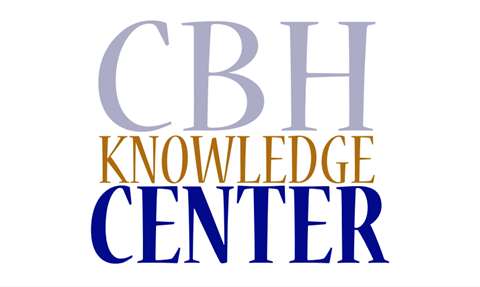Presenters: Kim Bishop-Stevens MSW, LICSW is the Manager of Substance Abuse for the Massachusetts Department of Children and Families (DCF).
Jennifer Cook, LICSW has been with the Department of Children and Families for over 16 years.
Dino Martone has 25 years’ experience in the Substance Abuse Field and is a LICSW , Licensed Alcohol and Drug Counselor, and Certified Alcohol and Drug Counselor. He is currently the Statewide Substance Abuse Coordinator for DCF and has worked in child welfare for the past 10 years.
Michelle Mason is a retired DCF manager with 37 years’ experience in Child Welfare. For the past three years Michelle has served as DCF’s MCWI Practice Coach for the Southern Region.
Kimberly Shapiro, LICSW is the Northern Region Substance Abuse Specialist for the Massachusetts Department of Children and Families.
Description: This will be a full-day training. Through use of case studies and didactic methods, participants will receive a basic comprehension of the child welfare lens and how the Department of Children and Families works. Topics to be covered will include: Mandated Reporter 51-A training, Substance Use Disorders and Child Welfare, Case Presentations: Samples for Community Providers, Protective Factors, and Confidentiality, Communication, and Collaboration. Topics covered will assist those with a beginner to moderate level of expertise regarding prior experience working with DCF.
OBJECTIVES:
Upon completion of this course, participants will:
- Gain an understanding of the Massachusetts statute 51-A, Mandated Reporter requirements. (Cognitive domain)
- Identify how parental substance misuse decreases capacity to parent, resulting in abuse and neglect. (Cognitive domain)
- Understand the importance of communicating and collaborating with DCF on behalf of shared clients. (Cognitive & Affective domains)
- Describe five Protective Factors that research has shown contribute to the well-being of children and youth, and to preventing future abuse and neglect (Cognitive domain)
- Understand the Protective Factors Framework as the model being adopted by DCF to decrease danger and risk to children and increase safety and well-being (Cognitive domain)
- Think about strategies to partner with DCF to enhance parental capacity in the five domains in your work with families (Cognitive & Affective domains)
- Understand the importance of communicating and collaborating with DCF on behalf of shared clients. (Cognitive domain)
- Utilize the Protective Factors in a wide array of treatment settings including, child welfare, substance abuse and mental health care.
Cognitive Domain – (knowledge) the event is intended to transfer knowledge to the attendees
Affective Domain – (feelings and attitudes) the event is intended to change attendee beliefs and attitudes
Click here for more information and to register!

